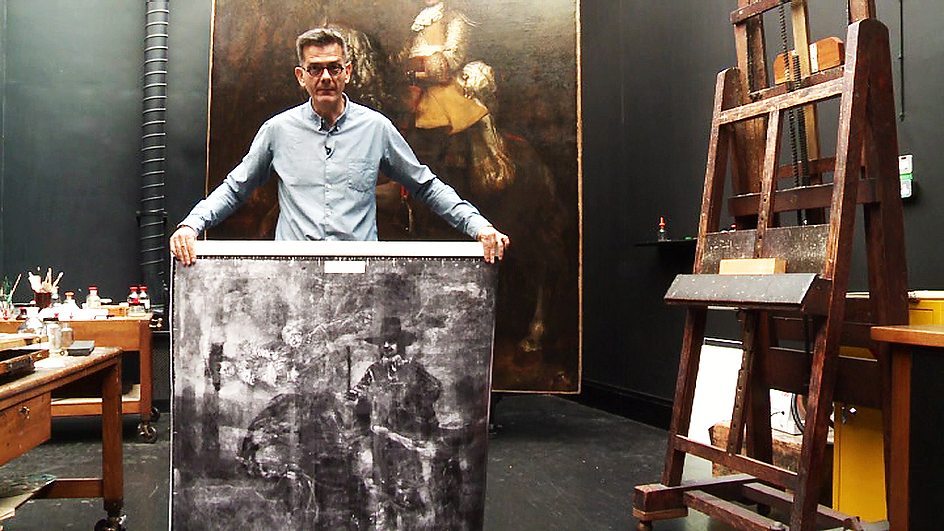
The National Gallery has outsourced its security; the guards' strike was an abject failure, as AHN explains. The Union had a weak hand, and played it badly. The National Gallery always held all the cards, but they mismanaged the situation spectacularly. They unfairly dismissed an employee, but not just any employee. They sacked a union rep during one of the most contentious negotiations, which was a fantastically stupid move that caused the situation to escalate.
The NG brought the strike on itself. Outsourcing is still a bad idea, but its implementation was handled incompetently. There is a serious lack of basic managerial competence and basic savvy. It is not simply that a senior individual made the decision to sack the union rep, but also that the management structure allowed the decision to be taken—it's a collective failure. And then it was compounded by upholding the decision on appeal. Morons. And where was the expertise from the Trustees, who are meant to provide outside guidance? The board seems stuffed with dilettantes who relish the social cachet but don't bring much to the table. I'm always appalled when the board minutes record their delight with the progress of restoration, which few of them are even qualified to judge.
I'm not ideologically opposed to privatisation. My objections to outsourcing one of the key functions of the gallery are practical. But I do understand the need to save money and operate more efficiently, so in the interests of constructive engagement let me suggest a better candidate for outsourcing: conservation. The NG's conservation department has, in its history, done incalculable damage. Most of the collection has been drastically over-cleaned, given the collection a different appearance from museums in Europe that have been more cautious.
The conservation department is expensive, powerful and dangerous. It holds great institutional power at the NG (the Head of Conservation was interim director before Nicholas Penny). It should be subservient to the curators. And it is dangerous, because its institutional authority means that it is immodest and subject to groupthink, promoting its bad ideas elsewhere—like the appalling overcleaning of the Leonardo's Virgin & Child with St Anne in the Louvre, promoted by NG conservator Larry Keith.
An internal conservation department has a natural incentive to create work for itself; who is going to say that nothing currently needs to be done, so they should take a holiday? On the other hand, it may on occasion have too much work to do, such as preparing pictures for a big exhibition, which incentivises haste. Given the lumpiness of the work schedule, it is a natural candidate for outsourcing. The day-to-day work of inspecting pictures annually ought more properly to fall to the curatorial department, which ought to have the skills to inspect pictures physically for damage and identify conservation work required. Outside consultants can be brought in to assist as required.
The internal cost of cleaning a small picture is £34,500, which is far above commercial rates. And the NG is less competent than many independent conservators. They are now having to crowdsource to raise the funds to keep the conservation department going. Enough! Close it down. Save the money, and hire contractors. If they don't have the money, restoration will have to wait - which is not necessarily a bad thing, given the disastrous consequences of their historic haste.
